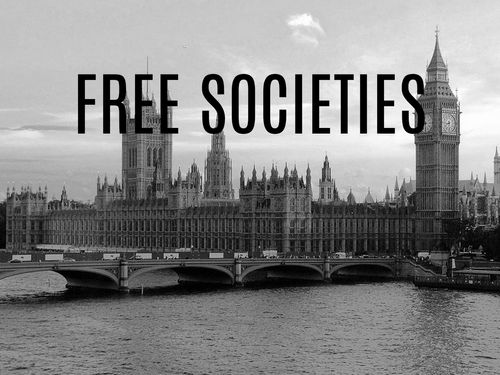Is liberal democracy the ultimate form of government?
Sep 02, 2021 · 3 mins read
0
Share

The end of history
In 1992, Francis Fukuyama’s book The End of History and the Last Man caused a storm and turned him into a major public intellectual.
Save
Share
His big idea was that history had “ended” - in the sense that the world had reached a point where liberal democracy had proven itself to be the only viable form of political organization.
Save
Share
Coming not long after the fall of the Berlin Wall and the collapse of Soviet Bloc communism, the idea seemed credible. But as the 1990s proceeded, major events such as Saddam Hussein’s invasion of Kuwait and Tiananmen Square seemed to make a mockery of liberal democracy.
Save
Share
Fukuyama’s response was that the term “history” had been misused. He never said big events would no longer occur, only that political evolution had reached its end point. Humans had progressed from tribal government, to feudalism, to monarchy, and finally liberal democracy.
Save
Share
“The growth of liberal democracy, together with its companion, economic liberalism, has been the most remarkable macropolitical phenomenon of the last four hundred years.” Francis Fukuyama
Save
Share
Of course, Marx believed that this end point of political evolution was socialism. He also believed that the big problems had been settled, and politics would become more a realm of technocratic policy-making.
Save
Share
Socialism, in fact, proved to be a failure. The reason that liberal democracy would reign supreme, Fukuyama said, is that it is free of the inherent “defects and irrationalities” of authoritarian and collectivist forms of government. It did not understand human nature.
Save
Share
Liberal democracies have plenty of problems, but they are problems only of “the incomplete implementation of the twin principles of liberty and equality”. You could not improve on a system which delivered material well-being yet largely preserved the freedom of individuals.
Save
Share
Fukuyama admitted that the idea of history being part of a coherent, directional process is ridiculous to many people, particularly in light of the Hitlers, Stalins and Pol Pots of the 20th century.
Save
Share
But these horrors (more recently we might add the rise of fundamentalist Islam or even the Chinese Communist Party) can mean that we miss the wood for the trees. Over the long-term, the movement towards greater freedom and enfranchisement is unmistakable.
Save
Share
0